Intro
Discover the best medicine for cough, featuring effective cough suppressants, expectorants, and natural remedies to soothe sore throats and relieve congestion.
Coughing is a natural reflex that helps to clear the airways of irritants, such as dust, smoke, and mucus. However, a persistent cough can be annoying and disrupting to daily life. There are many over-the-counter (OTC) and prescription medications available to help alleviate cough symptoms. In this article, we will explore the best medicine for cough, including their active ingredients, benefits, and potential side effects.
Coughs can be classified into two main categories: dry coughs and productive coughs. Dry coughs are non-productive, meaning they do not bring up any mucus or phlegm. Productive coughs, on the other hand, produce mucus or phlegm, which can help to clear the airways. The type of cough and its underlying cause will determine the most effective treatment.
Types of Cough Medicines

There are several types of cough medicines available, including expectorants, suppressants, and combinations. Expectorants, such as guaifenesin, help to thin and loosen mucus, making it easier to cough up. Suppressants, such as dextromethorphan, help to reduce the frequency and severity of coughing. Combination products often contain both an expectorant and a suppressant.
Expectorants
Expectorants work by increasing the amount of water in the airways, which helps to thin and loosen mucus. This makes it easier to cough up, relieving congestion and discomfort. Guaifenesin is a common expectorant found in many OTC cough medications.Suppressants
Suppressants, on the other hand, work by reducing the frequency and severity of coughing. Dextromethorphan is a common suppressant found in many OTC cough medications. It works by blocking the cough reflex in the brain, providing quick relief from coughing.Best OTC Cough Medicines
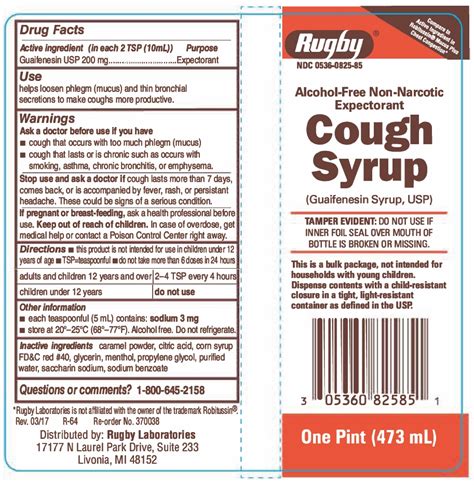
There are many effective OTC cough medicines available, including:
- Robitussin: Contains guaifenesin, an expectorant that helps to thin and loosen mucus.
- Mucinex: Contains guaifenesin, an expectorant that helps to thin and loosen mucus.
- NyQuil: Contains dextromethorphan, a suppressant that helps to reduce the frequency and severity of coughing.
- TheraFlu: Contains a combination of expectorants and suppressants to provide relief from coughing and congestion.
Prescription Cough Medicines
In some cases, a prescription cough medicine may be necessary to provide relief from severe or persistent coughing. Prescription cough medicines often contain codeine or hydrocodone, which are stronger suppressants than those found in OTC medications.Natural Remedies for Cough
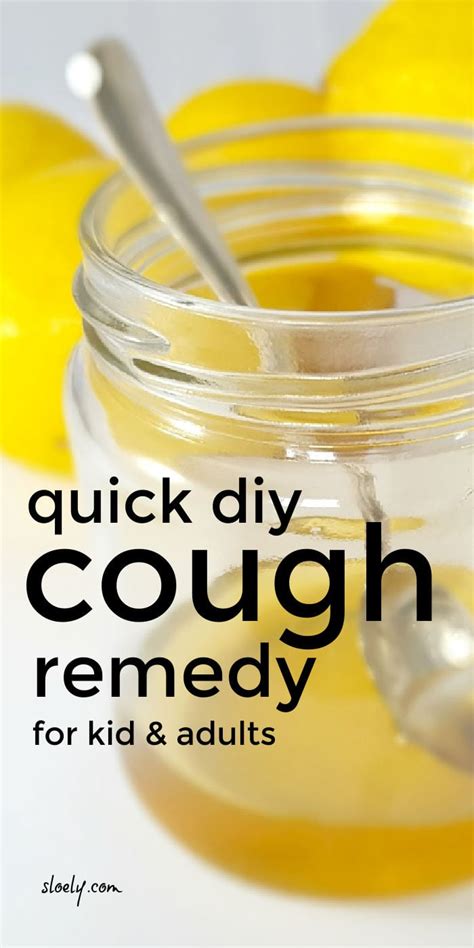
In addition to OTC and prescription medications, there are several natural remedies that can help to alleviate cough symptoms. These include:
- Honey: Has antibacterial and anti-inflammatory properties that can help to soothe a sore throat and reduce coughing.
- Ginger: Has anti-inflammatory properties that can help to reduce inflammation and alleviate coughing.
- Steam inhalation: Can help to loosen and clear mucus from the airways, providing relief from congestion and coughing.
- Saltwater gargle: Can help to reduce inflammation and kill bacteria in the throat, providing relief from soreness and coughing.
Home Remedies for Cough
There are several home remedies that can help to alleviate cough symptoms, including:- Drinking plenty of fluids: Helps to thin and loosen mucus, making it easier to cough up.
- Using a humidifier: Adds moisture to the air, helping to relieve congestion and coughing.
- Avoiding irritants: Such as smoke and dust, which can exacerbate coughing.
Cough Medicine for Specific Conditions
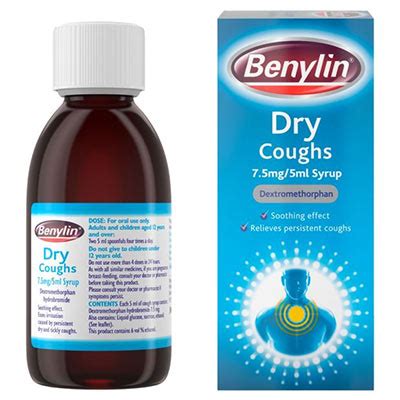
Different conditions require different types of cough medicine. For example:
- Cough medicine for bronchitis: Often contains expectorants to help loosen and clear mucus from the airways.
- Cough medicine for pneumonia: Often contains suppressants to help reduce the frequency and severity of coughing.
- Cough medicine for asthma: Often contains bronchodilators to help open up the airways and improve breathing.
Cough Medicine for Children
Children require special consideration when it comes to cough medicine. OTC cough medications are not recommended for children under the age of 4, and prescription cough medications should only be used under the guidance of a pediatrician.Side Effects of Cough Medicine
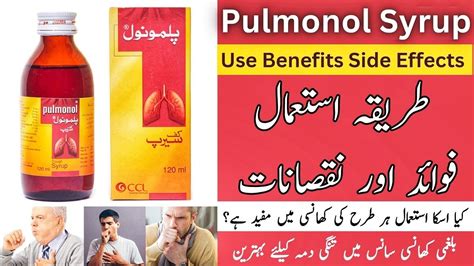
Like all medications, cough medicines can have side effects. Common side effects of OTC cough medications include:
- Drowsiness
- Dizziness
- Nausea
- Vomiting
- Headache
Prescription cough medications can have more severe side effects, including:
- Constipation
- Confusion
- Difficulty urinating
- Itching
- Rash
Interactions with Other Medications
Cough medicines can interact with other medications, including:- Blood thinners
- Diabetes medications
- High blood pressure medications
- Sedatives
- Tranquilizers
It is essential to consult with a healthcare professional before taking any medication, especially if you are taking other medications or have underlying health conditions.
Conclusion and Final Thoughts
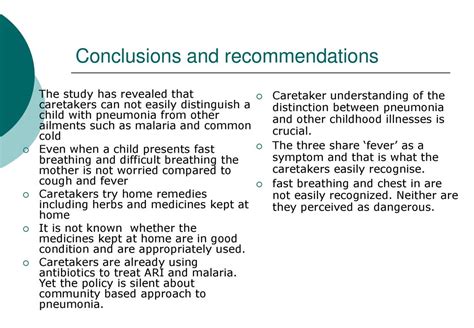
In conclusion, there are many effective cough medicines available, including OTC and prescription medications. Natural remedies and home remedies can also provide relief from cough symptoms. It is essential to consult with a healthcare professional to determine the best course of treatment for your specific condition. By understanding the different types of cough medicines and their potential side effects, you can make informed decisions about your health and find the best medicine for your cough.
We invite you to share your thoughts and experiences with cough medicine in the comments below. Have you found a particular medication or remedy to be effective in relieving your cough symptoms? Do you have any questions or concerns about cough medicine? Share your story and help others who may be struggling with cough symptoms.
What is the best medicine for a dry cough?
+The best medicine for a dry cough is often a suppressant, such as dextromethorphan, which can help to reduce the frequency and severity of coughing.
Can I take cough medicine with other medications?
+It is essential to consult with a healthcare professional before taking any medication, especially if you are taking other medications or have underlying health conditions.
Are there any natural remedies for cough?
+Yes, there are several natural remedies that can help to alleviate cough symptoms, including honey, ginger, steam inhalation, and saltwater gargle.
Can I give cough medicine to my child?
+OTC cough medications are not recommended for children under the age of 4, and prescription cough medications should only be used under the guidance of a pediatrician.
How long does it take for cough medicine to work?
+The time it takes for cough medicine to work can vary depending on the type of medication and the individual. Some medications can provide quick relief, while others may take longer to take effect.
